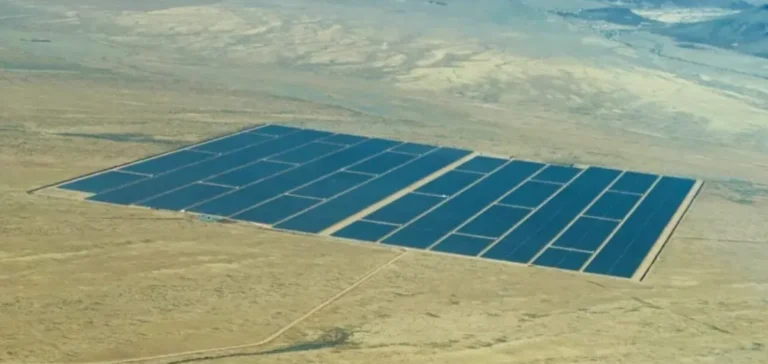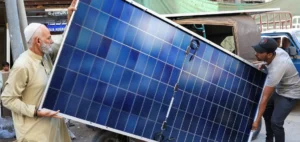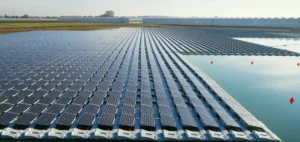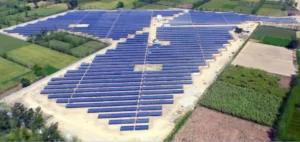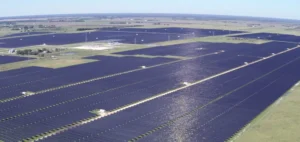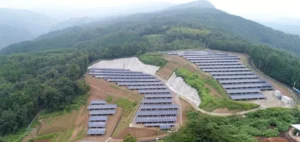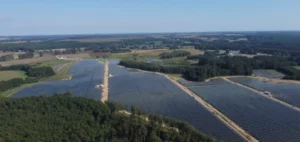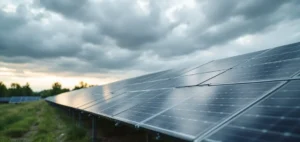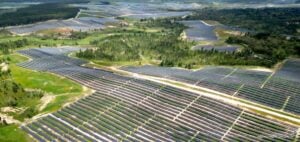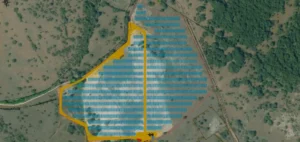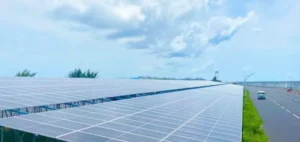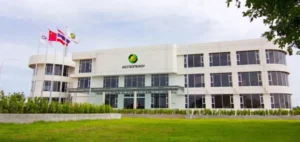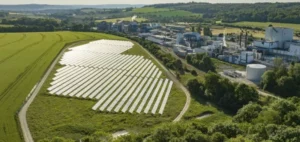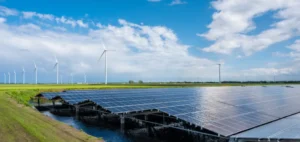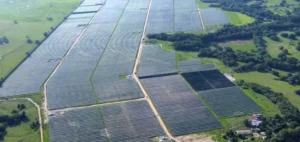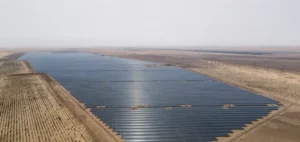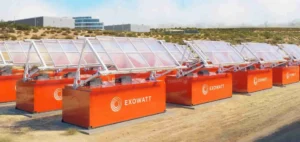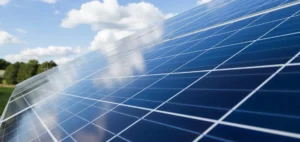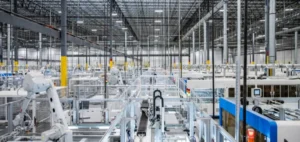Independent power producer D. E. Shaw Renewable Investments (DESRI) has closed financing and issued the notice to proceed for the hybrid Santa Teresa plant. The site will pair 150 MWac of photovoltaic capacity with a 600 MWh battery system. The move strengthens the long-term collaboration between DESRI and regional utility El Paso Electric (EPE). A twenty-year power purchase agreement secures the project’s revenues.
Multibank financing
DNB Bank ASA and National Bank of Canada act as coordinating lead arrangers for the construction loan, joined by Sumitomo Mitsui Trust Bank and Korea Development Bank. Deutsche Bank Trust Company Americas serves as administrative agent. No official amount has been disclosed, but financiers say the structure includes a senior tranche and liquidity guarantees to cover the testing phase. The closing confirms lenders’ appetite for solar assets backed by long-term contracts.
The non-recourse financing model relies on predictable cash flows from the power purchase agreement signed with EPE. Under the disclosed terms, Santa Teresa will deliver all its energy and capacity services to the utility, giving lenders cash-flow visibility. This approach limits exposure to wholesale price swings and facilitates the placement of fixed-rate debt. “The partnership demonstrates the strength of banking demand for competitive hybrid assets,” said Hy Martin, chief development officer of DESRI.
Impact on regional capacity
EPE estimates the plant will cover the annual consumption of about sixty thousand households, providing reserve capacity during summer peaks. The battery system will extend solar output beyond daylight hours, cutting reliance on peaking thermal units. The company notes the new capacity comes as regional demand rises faster than the national average. Expected frequency-regulation services should also ease constraints on the transmission grid.
The Santa Teresa platform complements the Carne project, a 130 MWac, 260 MWh plant under construction since 2024 in the same service area. Together, the two assets will bring contracted solar capacity between DESRI and EPE to 280 MWac. Executives at both companies see the ramp-up as a way to smooth production curves and defer investment in combined-cycle turbines. The strategy aligns with EPE’s goal of diversifying its fleet while keeping tariffs competitive.
Supply chain and schedule
LG Energy Solution Vertech will supply lithium-ion battery systems assembled in the United States, along with the Aeros software suite for charge-discharge management. The contract includes long-term maintenance covering software updates and preventive cell replacement. Civil works and integration are entrusted to SOLV Energy, which already handles engineering and maintenance for the Carne project. The first modules are scheduled to arrive on site at the start of the fourth quarter, with commercial operation expected next year.
The schedule calls for a progressive ramp-up of the batteries to validate energy-management performance ahead of full certification by the local regulator. “This project marks a decisive moment for large-scale storage, and we stand ready to support the growing demand of the North American market,” said Jaehong Park, chief executive officer of LG Energy Solution Vertech.


